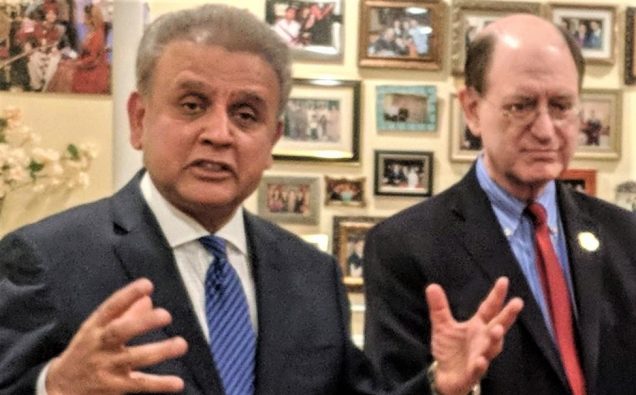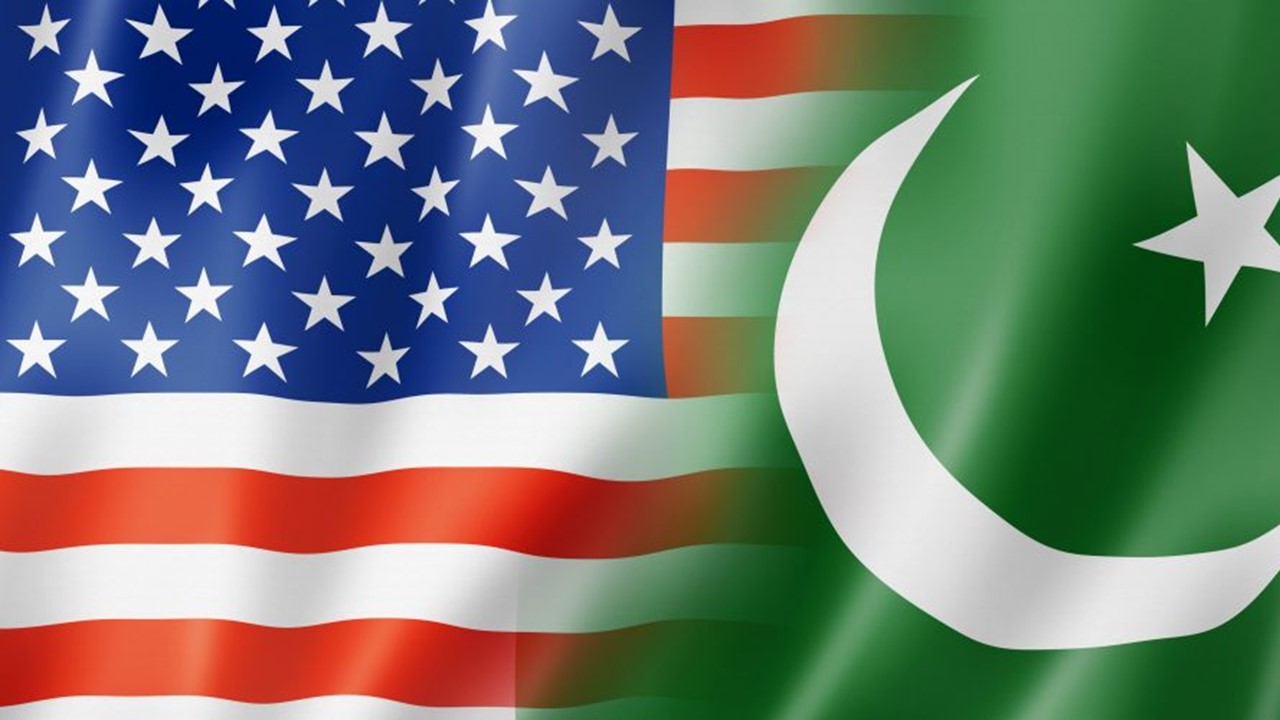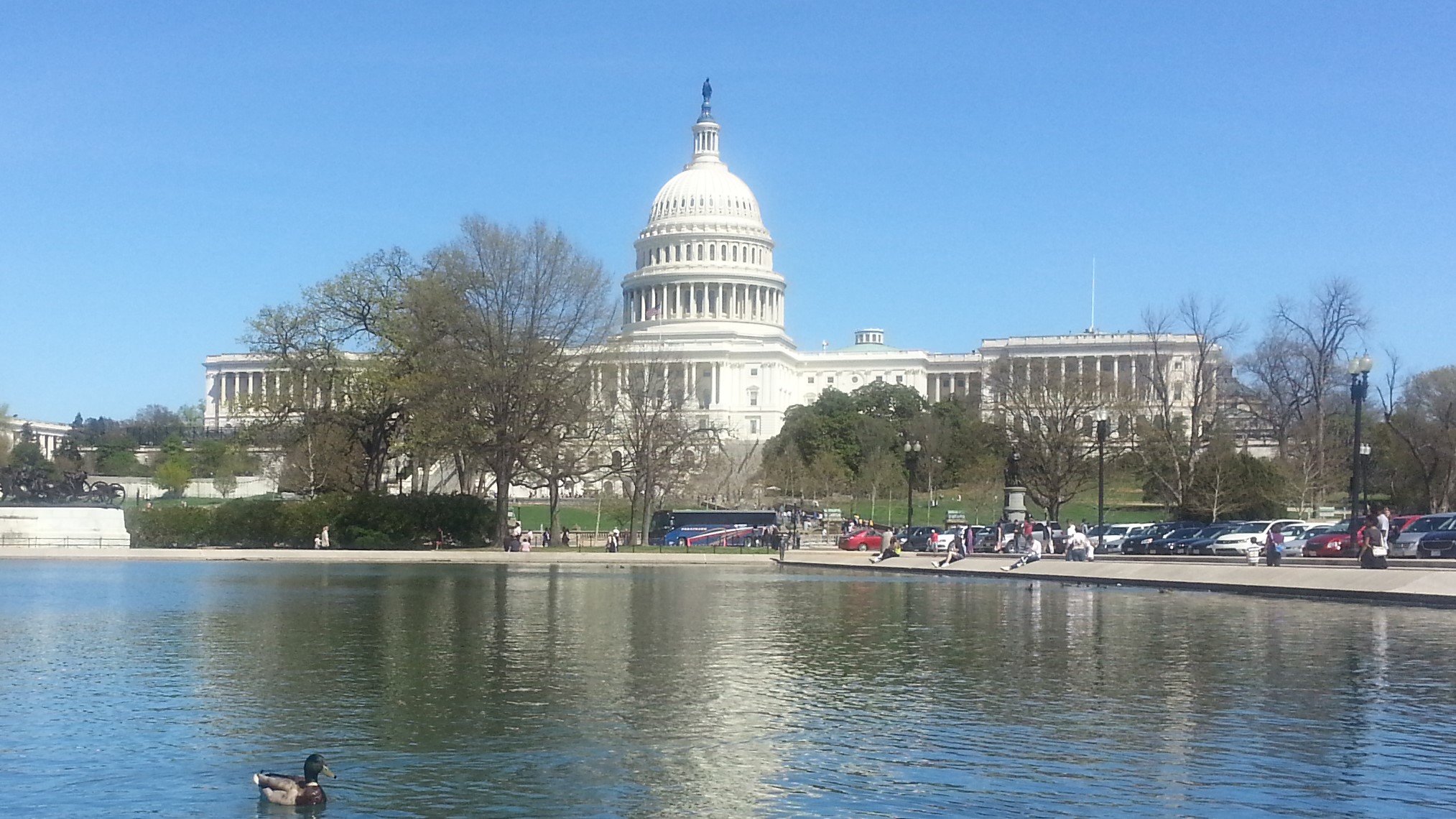
“On the other hand, we have seen that the U.S. trade relations and investments have helped many countries in Europe and the Far East to improve their economies and relations with Washington,” the Pakistani-American said.
Besides getting American help with securing IMF and World Bank funding programs, Pakistan needs to devise a long-term strategy for economic relationship with the United States.
He said despite a spate of economic woes, Pakistan, holds out a huge investment potential and American companies have always reaped great returns on their investments. Chughtai particularly listed energy, agriculture, tourism industry and infrastructure as key areas for American investors.
“But we need to highlight how beneficial it is for American companies to invest in Pakistan.”
At the same time, Islamabad should also improve its capacity with modernization of the manufacturing units which, in turn, will produce high quality products and be able to compete in the open market. That way Pakistan will be able to boost its exports to the United States, and help control the deficit. Instead of depending on the duty-free access, Pakistan needs to competitive, he added.
“This is the time when the U.S. is poised to draw down its forces from Afghanistan after years of war that Pakistan shift its gear to economic diplomacy and market its potential in Washington and showcase the tremendous investment opportunities and incentives to businesses in American States.”
Mossadaq Chughtai, who also spearheaded Pakistani-American Leadership Center during the last decade, said that instead of being a competing ground for Chinese and U.S. interests, Pakistan can be a point of convergence for the two countries.
“The U.S. remains the economic powerhouse, and one of Pakistan’s largest trading partners. Pakistani diplomats and economy leaders should interact regularly with American officials and lawmakers to strengthen economic ties.”
Chughati noted that Prime Minister Imran Khan has taken steps to fix some longstanding problems but that he needs to go beyond these measures.
For example, the Khan government should articulate a clear-cut plan to attract American investors.
“The government should remember that the previous governments failed because they could not utilize IFIs funds productively and instead of job-creating manufacturing projects went for consumption or partly even repayment of loans.”
















